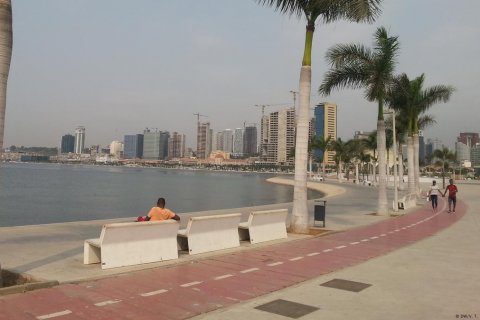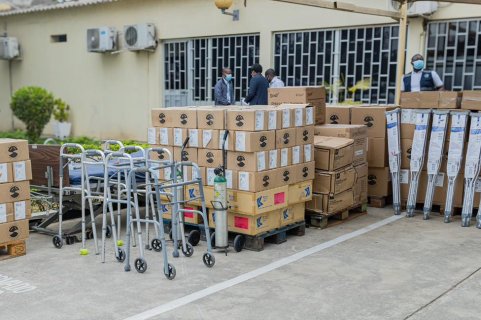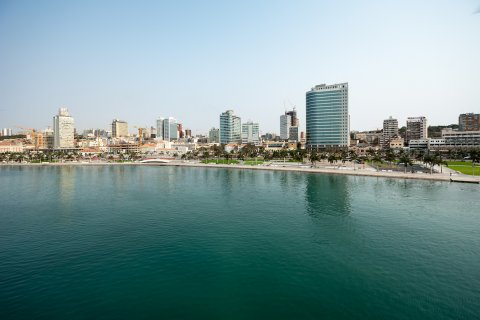Angola returned to the Financial Action Task Force (FATF) grey list in October due to persistent and unresolved deficiencies in relation to money laundering and terrorist financing crimes.
The FATF is an intergovernmental organization that aims to combat money laundering and terrorist financing.
The so-called grey list includes 25 countries and jurisdictions with "strategic deficiencies" in action against money laundering, terrorist financing or proliferation of weapons of mass destruction, but which have committed to resolving them and which are subject to heightened surveillance.
In its assessment report on Angola released on Thursday, the IMF acknowledged recent progress in certain areas, including strengthening the legal framework, improving access to beneficial ownership information and strengthening investigative capacity.
However, the country was unable to avoid returning to the grey list, mainly due to unresolved deficiencies in non-bank supervision and delays in investigations, prosecutions and sanctions relating to money laundering and terrorist financing crimes due to its high-risk profile.
The FATF has formulated an action plan to overcome these deficiencies by early 2027, which the authorities have begun to implement with the support of the IMF and other partners and which will be key to mitigating the negative economic impact of the grey list, “which has been limited so far,” according to the report consulted by Lusa.
The IMF emphasizes that inclusion on the grey list can restrict cross-border transactions, reduce capital flows and increase external financing costs, while a sudden loss of capital inflows can cause reserves to be depleted, increase exchange rate pressures and may lead to inflation.
On the other hand, the IMF recalls that when Angola was previously included in the grey list, in 2010, it lost access to correspondent bank transactions (CBR) in dollars and, even after leaving the list in 2016, it never fully recovered.
“The economic impact of the current grey list has yet to be felt. “Apart from the slowdown in cross-border transactions due to regulatory compliance, there is no evidence of reduced capital flows or higher financing costs,” the IMF says, noting that inclusion on the EU’s list of high-risk third countries increases procedural requirements and prolonged retention on the list could delay the recovery of CBR in dollars and foreign direct investment linked to the Lobito Corridor.
IMF experts point out that political commitment is needed to implement the action plan and communicate progress clearly, emphasizing the need for collaboration between agencies and government departments, including information sharing between law enforcement, intelligence services and regulators.
The document highlights that the risks to relationships with correspondent banks and the broader economic impact of the recent inclusion in the grey list require careful monitoring.
The IMF points out that recent legislative reforms have aligned the BNA’s supervision and resolution framework with international best practices.
“However, continued vigilance is required, especially with regard to a large insolvent bank that needs resolution,” the financial institution said, referring, without naming it, to Banco Econômico.
The former BESA adopted a recapitalization and restructuring plan for its financial recovery, but it still needs capital injections, as it is technically bankrupt.







